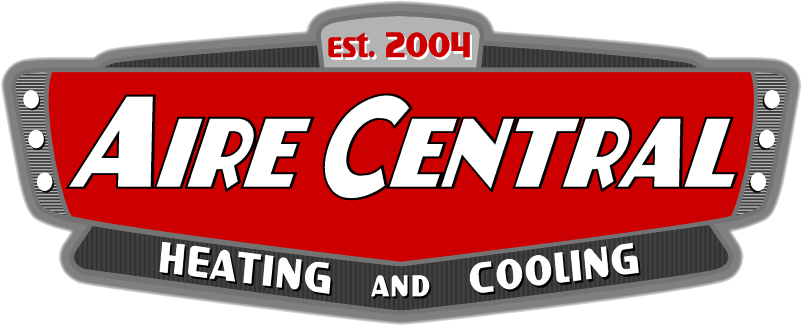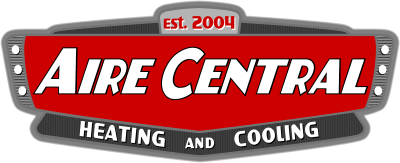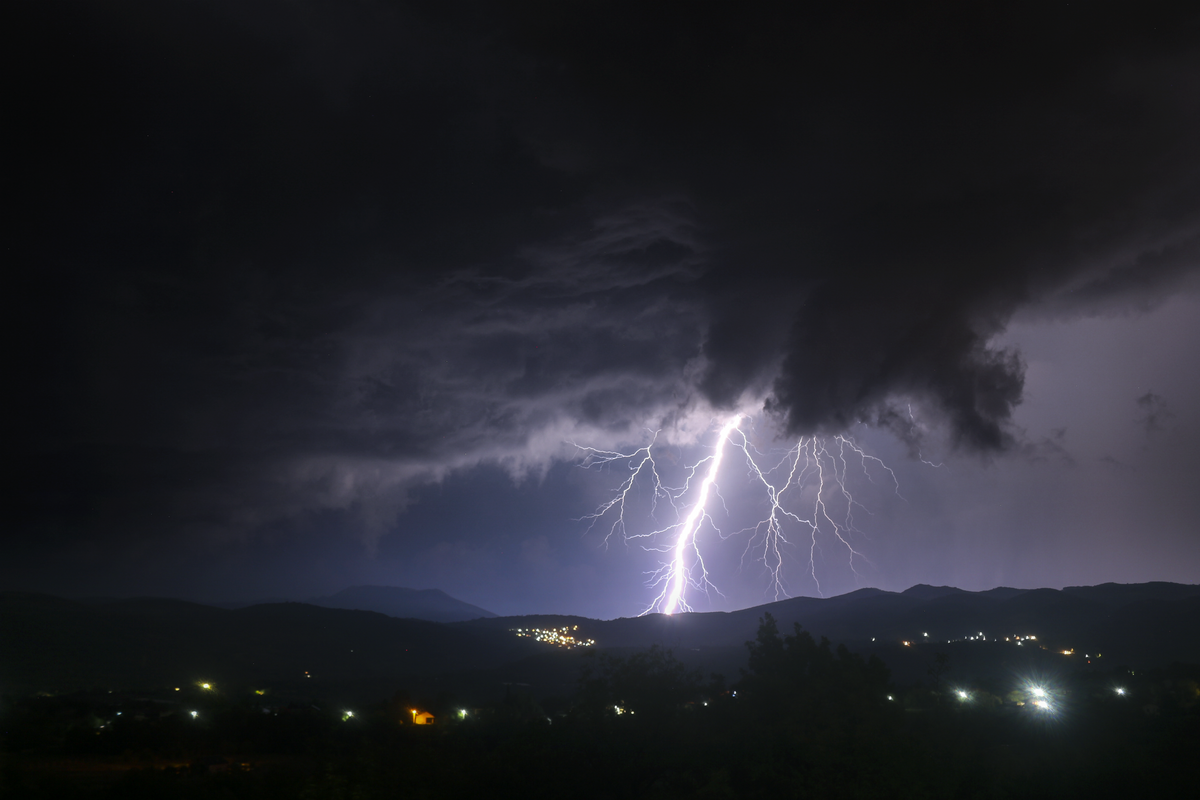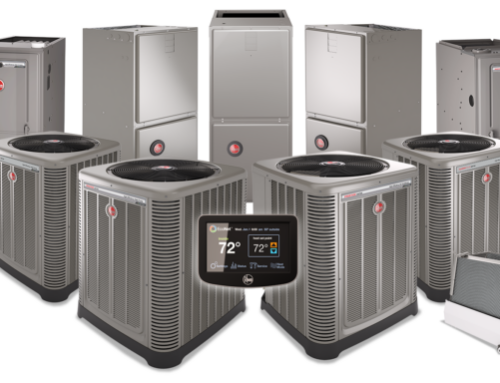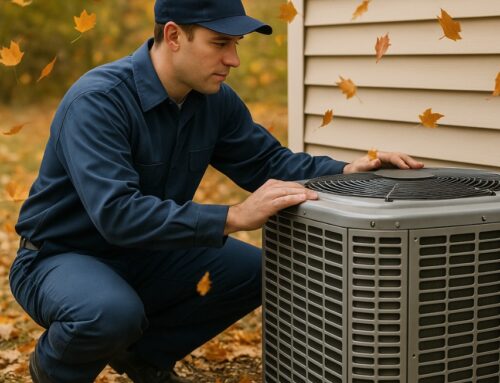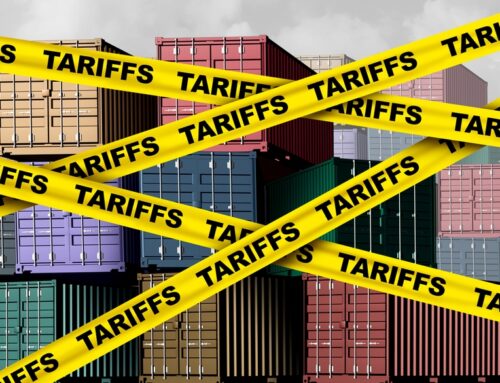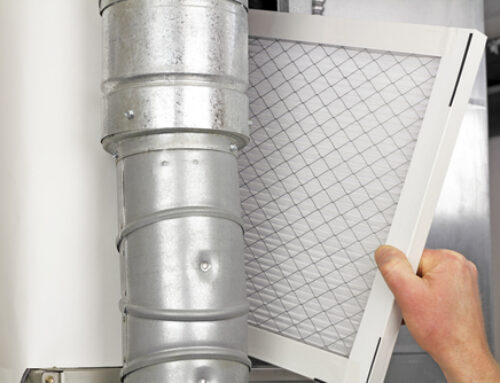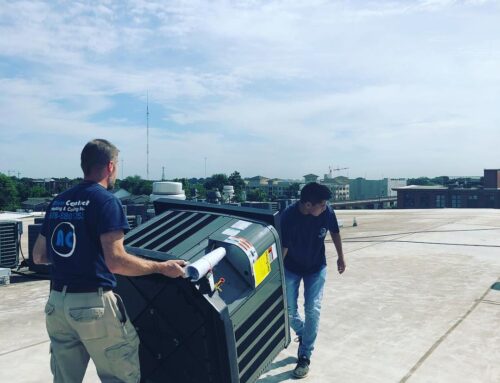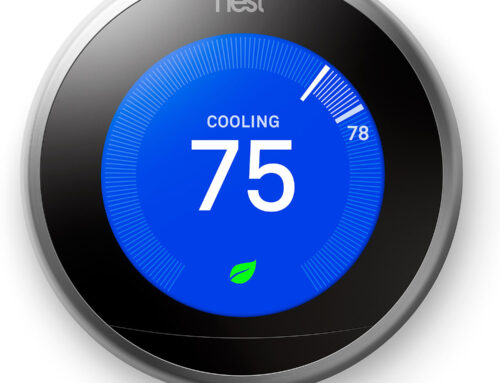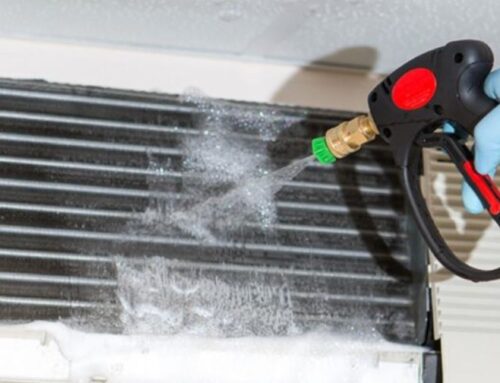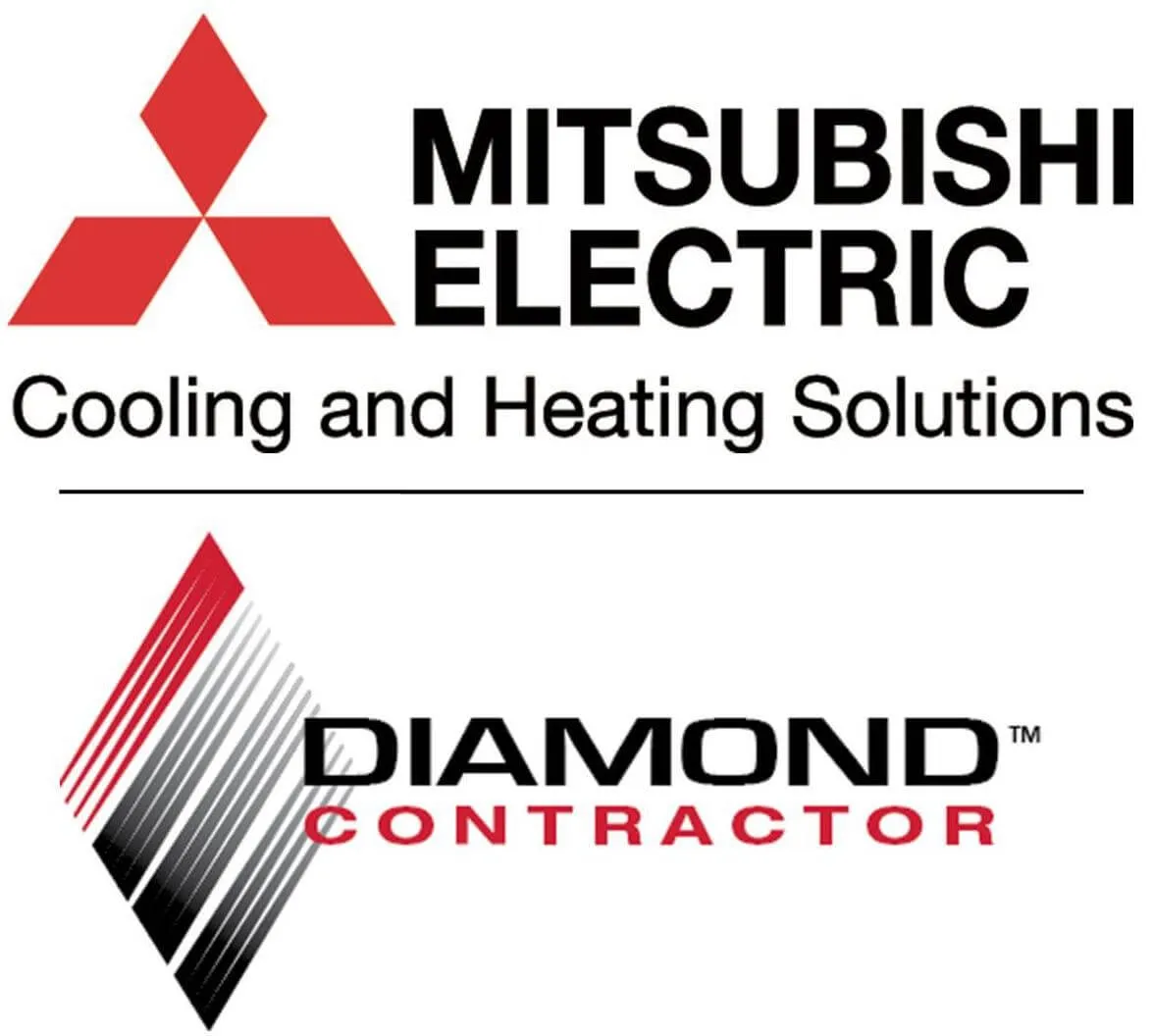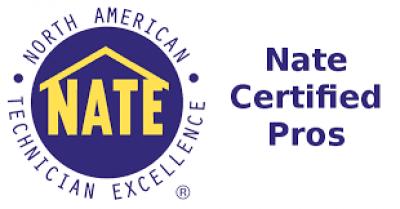Living in Georgia means enjoying warm summers, but it also means dealing with unpredictable storm seasons that can put your air conditioner at risk. As a homeowner or business owner, it’s important to take proactive steps to protect and maintain your air conditioner during these storms. In this guide, we will discuss the best ways to keep your AC unit safe and functioning properly throughout Georgia’s storm season.
First and foremost, it’s essential to regularly maintain your air conditioner before storm season hits.
This includes scheduling annual maintenance checks with a professional HVAC technician to ensure that your unit is running efficiently. Regular maintenance can help identify any potential issues before they become major problems, saving you time and money in the long run. Additionally, make sure to clean or replace your air filters every 1-3 months to ensure optimal airflow and prevent debris from clogging the system.
During storm season, it’s crucial to protect your outdoor AC unit from potential damage caused by high winds, heavy rain, or flying debris.
Consider investing in a sturdy cover or tarp to shield your unit from the elements. However, be sure to remove the cover once the storm has passed to prevent moisture buildup and mold growth. You can also trim any nearby trees or branches that could potentially fall on or damage your unit during a storm.
In the event of a severe storm or hurricane warning, it’s recommended to turn off your air conditioner at the main electrical panel to avoid power surges or electrical damage. Unplug any unnecessary electronics as well to prevent damage from lightning strikes. Once the storm has passed, inspect your AC unit for any visible damage such as dents, bent fins, or debris buildup. If you notice any issues, contact a professional HVAC technician for repairs.
After a storm has passed, it’s important to check on your air conditioner and make sure it is still functioning properly. Listen for any unusual sounds coming from the unit or changes in airflow that could indicate damage. If you suspect that your AC unit has been damaged during a storm, do not attempt to repair it yourself as this could void any warranties or cause further harm. Instead, contact a licensed HVAC technician for an inspection and necessary repairs.
